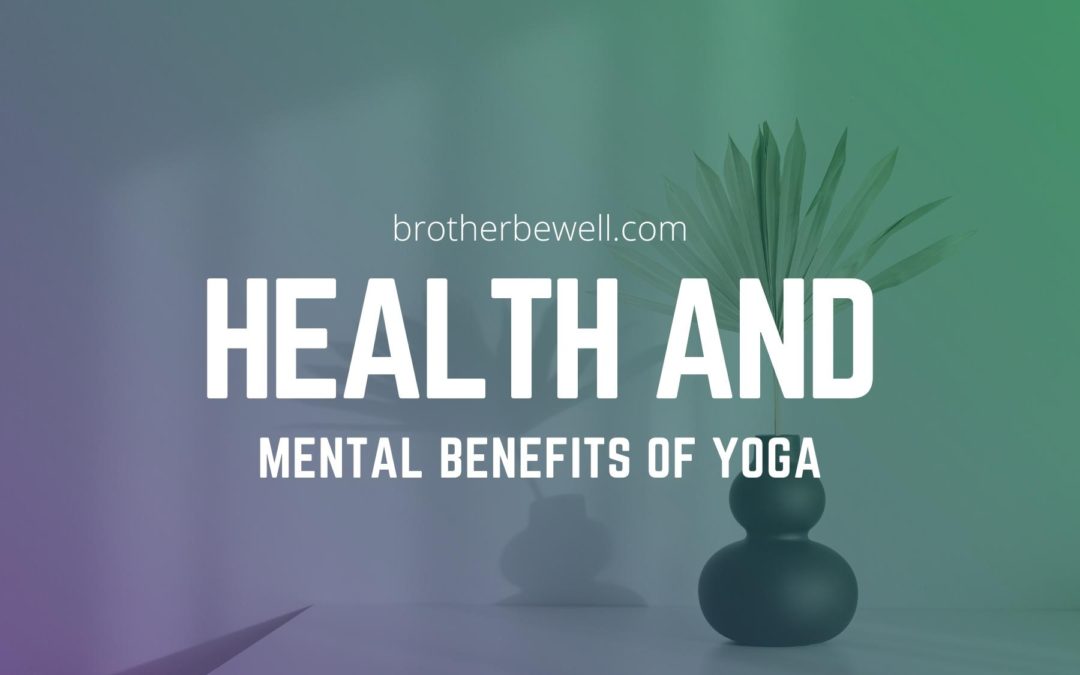Emanating from ancient Indian culture, yoga has been practiced for more than 5,000 years. It is hardly a modern-day phenomenon, yet more Americans regularly practice yoga now more than ever. Best estimates suggest that in 2016, 36.7 million Americans practiced yoga regularly compared to 20.4 million in 2012, making it one of the fastest growing pursuits in the U.S. [1].
Such rapid growth in participation can potentially be attributed to the vast array of health and mental benefits that scientists are continually attributing to yoga. Numerous studies have demonstrated the physical benefits of yoga: it can improve immune system function and symptoms associated with chronic health conditions (e.g., type 2 diabetes, cardiovascular disease, metabolic syndrome, and cancer), and decreases inflammation [2]. Available reviews of a wide range of yoga practices suggest that they can also be helpful for stress, depression, and anxiety [3, 4].
A comprehensive review of the research on yoga in major depressive disorder patients was published in April 2017 [5]. Based on the evidence reviewed, the positive effects of yoga seem to be comparable to that of antidepressant medication. As there were few trials included and only a small number of participants in each trial, the researchers recommend that larger studies be performed before any conclusions can be drawn. However, at this stage, the benefits of yoga as a treatment for depression look promising.
The benefits of yoga, to supplement antidepressant medication as a treatment for depression, have also been demonstrated. In April 2017, the largest study to date of yoga among people with depression was published [6]. One hundred and twenty-two men and women with elevated depression symptoms, who also took antidepressants, took part in the 10-week study. Sixty-three individuals underwent weekly yoga sessions and fifty-nine individuals received weekly health education classes. Over the entire 10-week period, and up to the 6-month follow-up, yoga participants showed fewer depression symptoms. Additionally, yoga participants were twice as likely to demonstrate a greater than fifty percent reduction in depression symptoms, and over one-and-a-half times more likely to display no depression symptoms at all at the 6-month follow-up.
The most recent review addressing the effects of yoga on anxiety and stress was published in 2012 [7]. Of the ten highest quality trials reviewed, seven found significant reductions in anxiety and stress in yoga groups compared to control groups. One found yoga to be equivalent to cognitive therapy, one found a non-significant benefit for yoga, and one found no improvement with either yoga or relaxation.
Questions remain about exactly how yoga works to improve mood, but preliminary evidence suggests its benefit is similar to that of traditional exercise. For example, there is evidence that yoga may act on specific brain structures (e.g., the hypothalamic–pituitary–adrenal axis) and chemicals (e.g., gamma-Aminobutyric acid) that can influence mental health [8].
It is evident that yoga has numerous physical and mental-wellness benefits. Its potential effectiveness as a treatment for depression, anxiety, and stress, either alone or in conjunction with other treatments, has been demonstrated. However, it’s important to always consult your personal physician prior to altering your treatment program.
References
1. Yoga Journal and Yoga Alliance, Yoga in America Study Conducted by Yoga Journal and Yoga Alliance Reveals Growth and Benefits of the Practice 2016: Boulder, CO.
2. Ross, A. and S. Thomas, The health benefits of yoga and exercise: a review of comparison studies. The journal of alternative and complementary medicine, 2010. 16(1): p. 3-12.
3. Pascoe, M.C. and I.E. Bauer, A systematic review of randomised control trials on the effects of yoga on stress measures and mood. Journal of psychiatric research, 2015. 68: p. 270-282.
4. Chandra, S., et al., Mental stress: Neurophysiology and its regulation by Sudarshan Kriya Yoga. International Journal of Yoga, 2017. 10(2): p. 67.
5. Cramer, H., et al., A systematic review of yoga for major depressive disorder. Journal of Affective Disorders, 2017.
6. Uebelacker, L., et al., Adjunctive yoga v. health education for persistent major depression: a randomized controlled trial. Psychological Medicine, 2017: p. 1-13.
7. Li, A.W. and C. Goldsmith, The effects of yoga on anxiety and stress. Altern Med Rev, 2012. 17(1): p. 21-35.
8. Uebelacker, L.A., et al., Hatha yoga for depression: critical review of the evidence for efficacy, plausible mechanisms of action, and directions for future research. Journal of Psychiatric Practice®, 2010. 16(1): p. 22-33.



